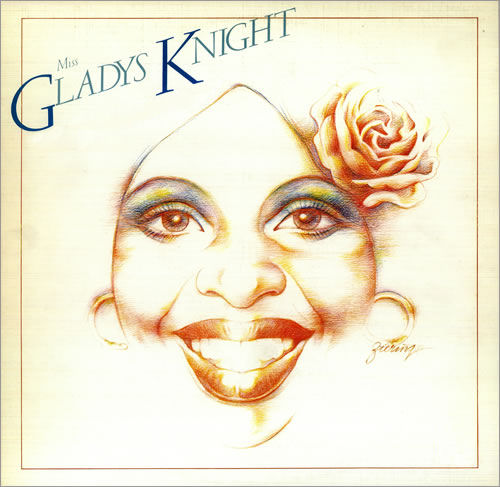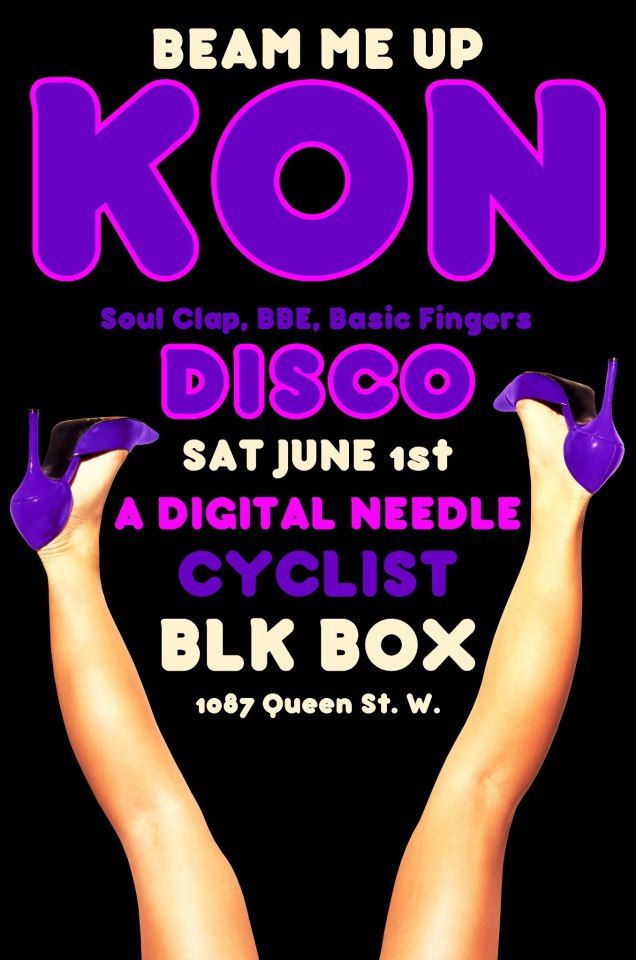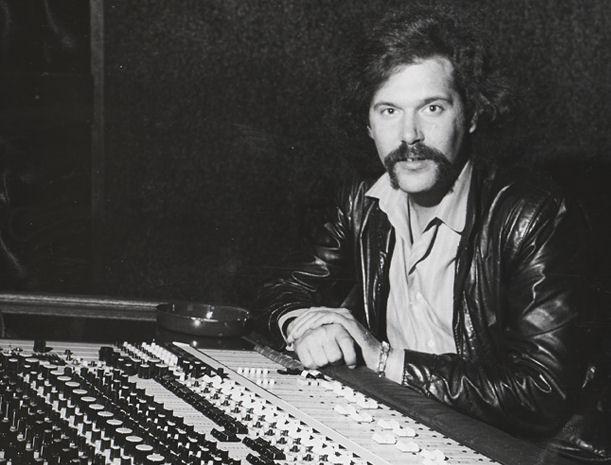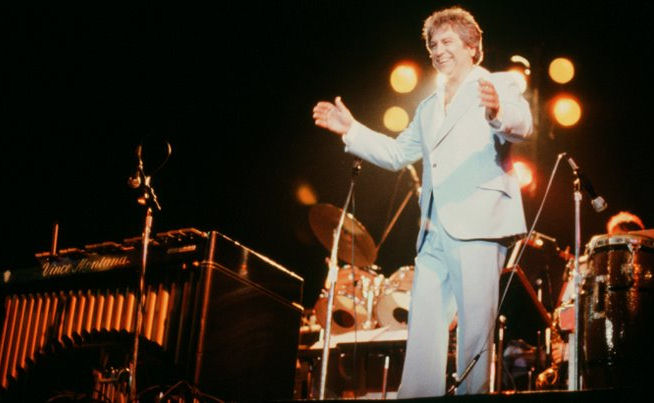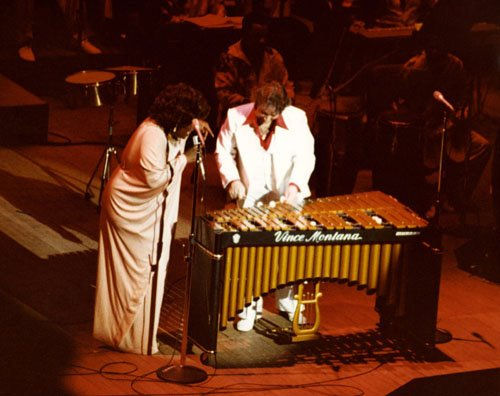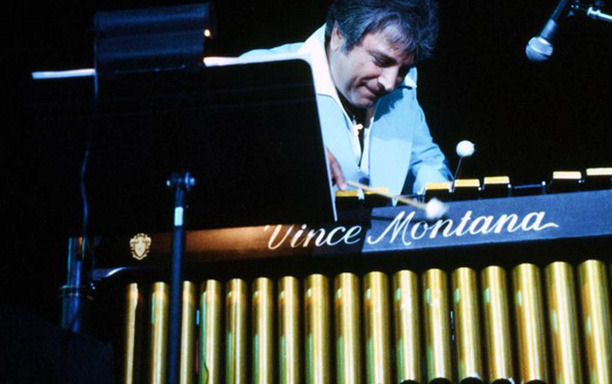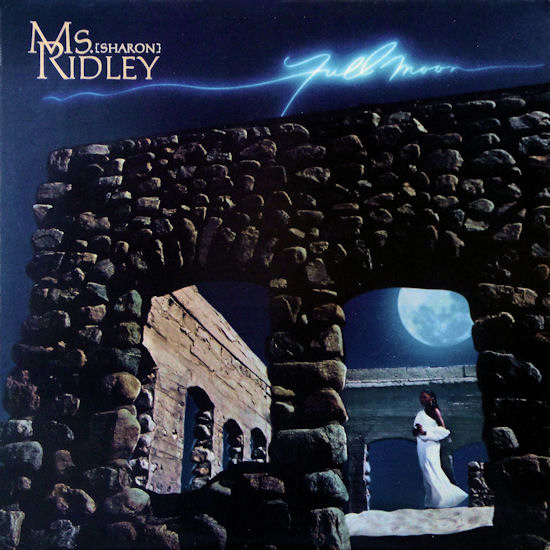Given the strides in LGBT visibility over the past decade, and having been the subject of documentaries, tribute shows and more recently, a long overdue reissue of his Greatest Hits; despite the 25 years since his death, his legacy and impact still feel as relevant as ever. Thinking about Sylvester lately, I began looking through my files and found this interview with Douglas Price from the October 19, 1977 issue of The Advocate..
Pre-Mighty Real, this interview captures a fairly pivotal moment in his career, having just released his eponymous album, his first for Fantasy, its cover image of a dapper suited Sylvester marked a fairly major departure from the days of the Cockettes and The Hot Band (even if the butch drag never did stick). Discussing his ambitions, like playing the San Francisco Opera House (which he eventually did), Sylvester seemed to be just on the verge of taking off and both artist and interviewer seemed to know it. Eminently quotable, those who have read Joshua Gamson's excellent biography - The Fabulous Sylvester will likely recognize a few quotes taken from this interview. If one didn't realize how perfectly suited that title was, 'fabulous' also appears to have been one of his most well-used adjectives in conversation, if this interview is any indication.
Before I give out any more spoilers, read on and enjoy...
LINKS:
______________________________


Sylvester Changes by Douglas Price
"Changes... Lord I'm so tired of changes." But change seems to be the catalyst behind a singing career that has taken Sylvester from the raunchy drag days of the Cockettes' haphazard appearances at San Francisco's Palace Theatre to one-night stands in cabarets as the blackest Egyptian "queen" since Cleopatra; resplendent with feathered headresses, gold and silver trappings of the gaudiest proportions, to hot pants, sequins and more glitter.
Glitter and outrage: terms synonymous with a man possessing a voice that can range from down-and-out gospel to cool blues and jazz. Tender lyrics ... hot pulsating disco rhythm ... all delivered in a strikingly clear falsetto that belongs to Sylvester alone.
Those lucky enough to have followed his often erratic career see the changes. New changes: new album, a new record company, a new manager, a big new band, a new look ... toned down from the old days but nonetheless electrifying. And backing him up are two of the most talented women to hit the musical scene in some time. Their show saturates the audience with the real love of performing.
This man of changes lives quietly with his lover in a pleasant apartment tucked on the side of Twin Peaks overlooking Castro Village in San Francisco, his adopted home. No sequined curtains at the windows, no glitter on the ceiling; instead a quiet place to live surrounded by the things he loves. Most noticeable is a collection of his photographs grouped family-style around those of Lena Horne, Ivy Anderson, Billie Holiday and Josephine Baker. "They're my idols" he says quickly.
On the balcony two five-month-old Borzois are lounging against the San Francisco skyline. "One is Uri and the other is Festoff. Actually pets are my first real love," Sylvester says. "I love to train them to be perfect. Not show dogs, but to stand right and look good and go prancing around town looking fabulous!"
Prancing around and looking fabulous. It sounds like your life. It's all show biz isn't it?
Every day. My fantasies are my realities. I live that way ... then I'm happy. When I conform too much it makes me nervous.
Besides the changes in your management and band, are there any other changes?
Yeah, changes in myself. Changes from the old days. I'm more settled now ... less outrageous, I think, in the way that I think.
Less outrageous than in the days of total outrage, the Cockettes? Where are the Cockettes now?
I have no idea. That's all in the past. Their only claim to fame was the Cockettes and a lot of them never evolved any further than that. To me that's something in the past. That's something that happened along with my big Egyptian shows or blues shows. People who saw them got it; those who didn't, missed it. They can't be recaptured. The Cockettes died in New York and that was it. You don't die in New York ... in music, theatre, or whatever. That's when I decided I'd have to crank here in San Francisco again.
Why San Francisco instead of Los Angeles?
I grew up in L.A. and hated it. It's an awful place for artists and musicians. It's hard there. You could work your whole life and not get where you want. I was out of place. It was too straight ... too strange all the time.
I came to San Francisco and loved it. I saw things and met people I would have never known in Los Angeles because it was hush-hush or you had to belong to a certain clique to be involved. When I came here, everybody - the fabulous ones, the poor ones, the queens, the straights - were all carrying on together, having a good time. Moving to San Francisco was the turn in my life as far as my own personal liberation.
You speak of your personal liberation. What is that?
I strongly believe that I can do anything I want to any time I want to do it. I couldn't be that way in Los Angeles. Here I can do anything.
Was your early life centered in the black ghetto?
No! [laughter] A lot of people would generally associate me with that, but I don't know anything about it. I never knew what it was like not to have money, because I always had it, and when I got it I always went out and spent it on fabulous things. I wasn't from a general poor black family ... not at all.
Are you pleased with the new album?
Yes. The new album is the only one I've made that I like. I never listen to my own records. We don't play any of them here. I do play certain songs on this one. My favorite is "Tipsong."
You have aligned yourself with two great backup singers. Where did you meet them?
I went through auditions for three days. Martha [Wash] came first and I fell in love with her. I went through some more people, but they couldn't cut it. I finally went to Martha and asked her if she had a friend who was big like her and could sing like her, and she said, "Yeah." I met Izora [Rhodes] the next night and we rehearsed in the back of my V.W. van and we've been together ever since - a little over a year now.
How did the connection with Fantasy Records come about?
I met Nancy Pitts from Honey Records Productions at the Palms Cafe. She liked the show and told me she'd been looking for an act like mine. Then I met Harvey Fuqua. They came to the next show I did at Elephant Walk and were completely blown away. They told me they wanted to do this and do that and I said "Sure, all this time we've been looking for a manager; looking for a record company; looking, working and striving for this one goal." That night I thought, "Fuck it. I'm not going to be bothered. If it's going to come, it'll come. If not, I'm not going to die." That was my attitude. Lo and behold, everything I'd been looking for and working for did come. The negotiations and demo tapes were done; they came to me and asked how much money I wanted and I told them. They came back and said I could have this, this and this, and I started working on the album literally before the contracts were signed. That's how much faith they had in me. Before I knew it, the album was done and we were doing a thousand records a day. God, its been two months now and the record is number 20 on the charts.
Has success finally come for Sylvester?
Yeah, but I'm still not excited about it. I don't know when I'll get excited. At first I thought I'd be excited when I heard it on more than one radio station. Now they're coming in at three or four a day and it still doesn't excite me.
Do you think it is important that more gay entertainers begin to speak out on issues concerning human rights and stop hiding in the closet?
Oh God, yes.
Why don't they?
Why don't they? They must be scared, I guess - scared of themselves or the publicity. It might hurt their careers, especially if they're established from the past. But now it's O.K. No one really cares. My God, look at me. When I first went on the road I went to Kenosha, Wisconsin; Des Moines, Iowa; Duncan, Alabama; places like that. God, I had platinum hair down to my waist, birdseed tits, glittered high heels, and I was ragging and carrying on just like I was in San Francisco. I don't think you ever have to come right out and say "Look, I'm a homosexual; I'm gay; I do this; I do that." People should do what they have to do to make themselves secure. But when the time comes for a personal stand against bigotry, then I think people should get together. I am against discrimination on all levels, not just the gay level. My parents never taught me to hate or dislike or disrespect anyone.
In a song on the album, "I Tried to Forget You," you say, "You can have everything and be a king or a queen on a throne, but you still ain't nobody, baby, when you've got to sit there all alone."
It's true. Do you know where that came from? When I went to Europe I thought it was going to be the turning point of my life. I went by myself, which was awful. I really don't like being by myself. And there I was with all these things to see, places to go, and no one to share the experience with. No one for a second opinion. No one to say, "Look at that - isn't that fabulous?" So I came home and just started to work and its been going on ever since.
Why do you just use one name?
Because it's my trip, first of all. Nothing goes on with the band or the show that isn't from my head or energy. Before, when I gave all the credit to everyone, I'd get too many attitudes and couldn't really depend on anyone. I can always depend on myself. I will always know my material. I will always sing. I will always dress. So I decided since I'm doing all the work, I might as well let it just be me. All the way the responsibility is on me.
When you are working a show, you have an uncanny way of making people in the
audience, especially friends, feel as though you are singing directly to them.
God, I am. I always sing to people I know or a familiar face. Even when the audience gets really big, I have to have someone to work off. All I need to know is that one person gets it and then it works. Sometimes I just make a visual contact with someone and it takes up right there. Everyone sees me directing this attention at this one person and they think I'm cruising, but I'm not. Sometimes I'm just not physically up to doing a show, but the energy comes from the audience and I always get into it and figure I'll give it all 'cause I've got one more show to do.
Have San Franciscans seen the last of Sylvester in the gay bars on Sunday afternoons?
I'm afraid so, yes. It's sad in a way, 'cause I would always like a place where I could play for people for free. Like the Castro area. It is where I live, and performing in my neighborhood was my dream - like a workshop for new material. I got closer to people than ever before because I've always been afraid to be close to people. What people think scares me. I know they're going to think it anyway, but it really makes me nervous.
Where do you go from here?
The world. Everywhere that will take me. Anywhere. I'll play anywhere, anytime, to anyone. We're going to New York, Canada and probably Europe this fall. But first I'm going to have my birthday party in San Francisco at someplace fabulous like the Fairmont or the St. Francis, where lots of people can come and spend thousands on a big, big party. It's The Big One for me.
The Big One?
Yeah, my last birthday party. I can't say which one because most people ask how old I am and I just say I'm in my 20's, which I am. But this will be my last birthday party. I go to the lab shortly after, so I'll be ageless.
What do you want most to happen with your career
For it to be comfortable and not too demanding. But it's going to be. It's already started. I have no real projections except I want to play the San Francisco Opera House. I am - and I'm saying this - I am going to play the opera house! It's going to be a fabulous show with a full orchestra, lots of costumes, lots of lighting and lots of everything. Lots! And whenever you think you have too much, you should put on more, just to be safe.
Then the glitter, tinsel, outrage isn't gone?
No. Like I said, there's the streets and there's the stage. I just would not wear anything on the stage I wear on the streets. It is part of the illusion I want to create for an audience. So glitter and sparkle and lighting will always be there in some form. I always encourage people to smoke at my shows so that the lights will do little fuzzy things, because it creates a softness for me on the stage.
In other words, the theatricality of performing happens for you as much as for the audience?
Oh sure. I always get off on my shows. Even the bad ones. I've had shows I thought were awful, but there is always something to learn. I'm very critical of myself and the show. But if something goes wrong, I've learned to control it. Now I just burst out laughing.
Are there regrets looking back at 10 years of good times?
Yeah, I should have saved some money, but I don't really regret not saving it because I had fabulous times with all of it. Now I'm thinking of business ventures and investing my money.
In what?
Condominiums. Oh, and I'm going to open a chain of mortuaries. I really am. I'm going to open them, not work in them, although I did that for two years in Los Angeles. I was a cosmetician. I'll start off with one and have the best service available. I'm going to have Mercedes instead of Cadillacs. I am going to have a special hearse made by the Mercedes Benz Co. I will call it "Death with Dignity." Then I'll buy condominiums and live on a hill in San Francisco where I can see everything.
..............................
For a man who has spent the better part of his life making his fantasies his reality, it is hard to believe that Sylvester won't attain whatever goals he sets for himself. His show and album attest to that; they are as unique as the man himself: a person and product of his own invention, not perhaps for every taste; but for others there is no performer who can get down and sing with such style. He says it all in the last cut on the new album:
I don't care where you're going
I don't care where you've been
Going to keep you in my heart to be my friend
I'm going to love you more and more
'Cause I just want you to be my friend
And it's never too late, never too late ■
______________________________
sylvester - official website
facebook: sylvester (official fan page)
twitter: welovesylvester (official feed)
discogs: sylvester - s/t lp
youtube: sylvester - mighty real (music doc short)
rate your music: venue: the palms cafe - 1977 sylvester performances
uncle donald's castro street: the elephant walk (1975-1995)
mighty real - a fabulous sylvester musical
goodreads: the fabulous sylvester: the legend, the music, the seventies in san francisco by joshua gamson
CATEGORIES: VINTAGE ARTICLES, INTERVIEWS





